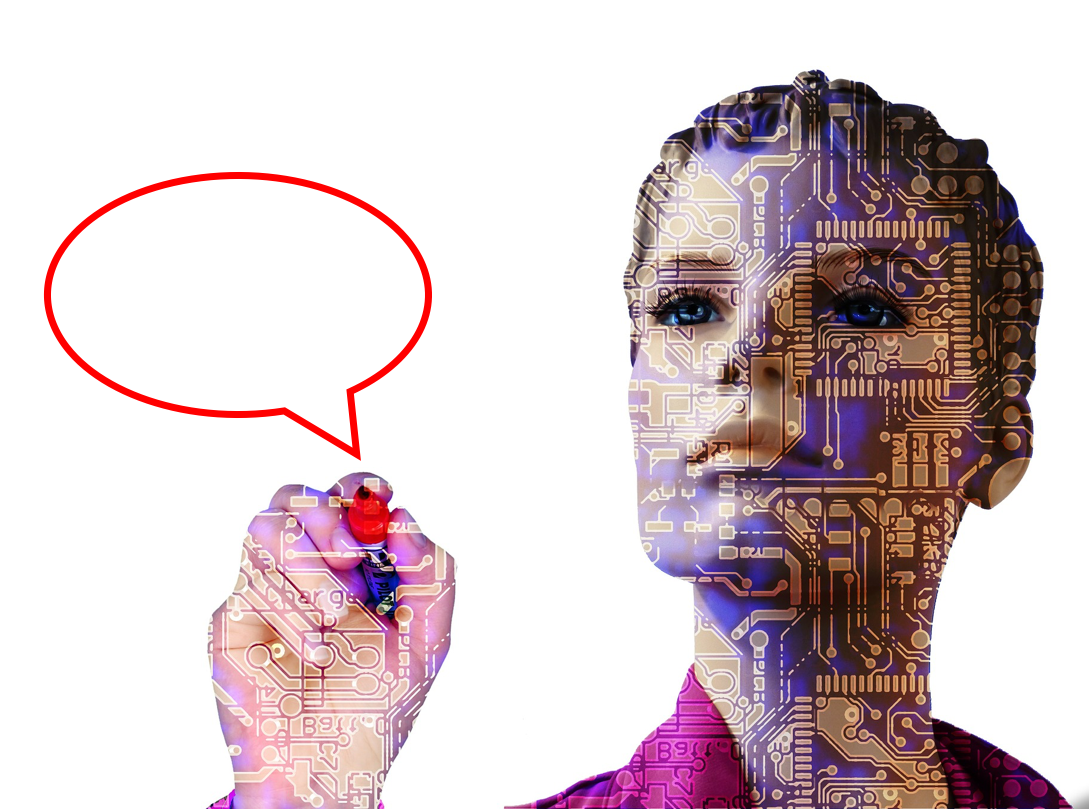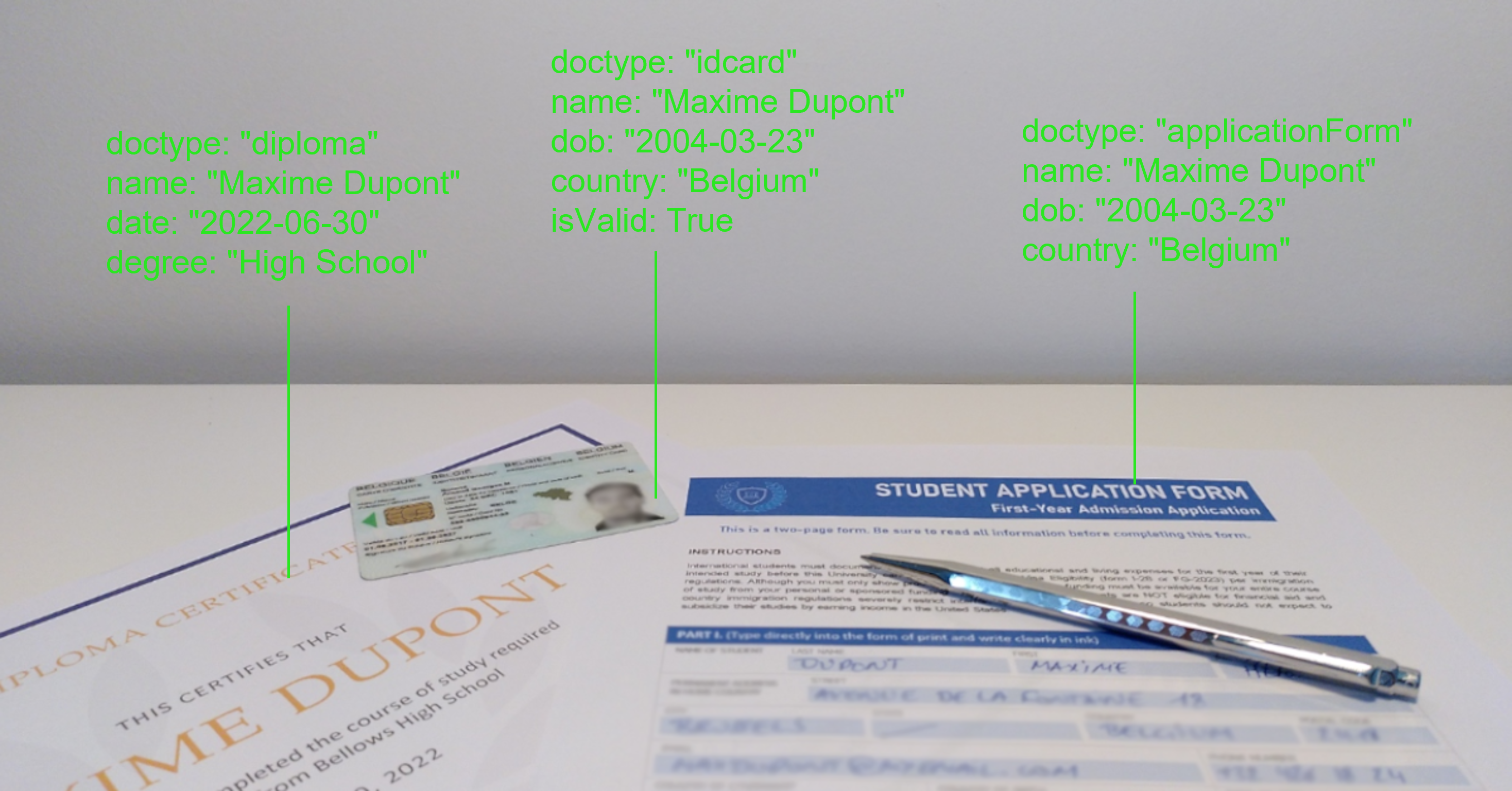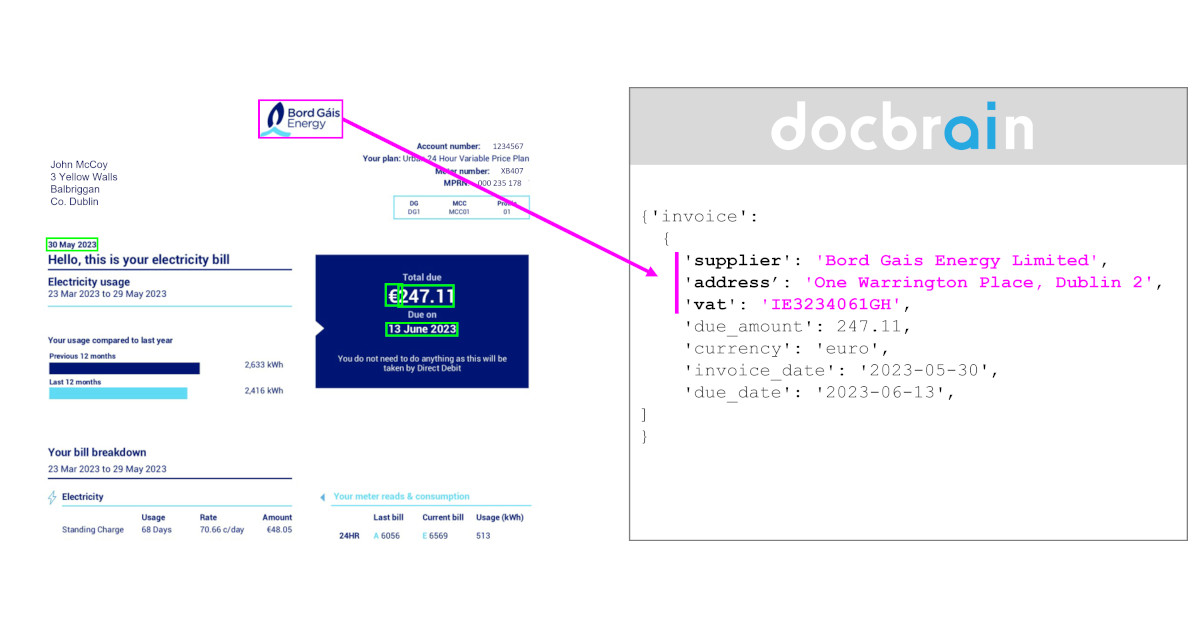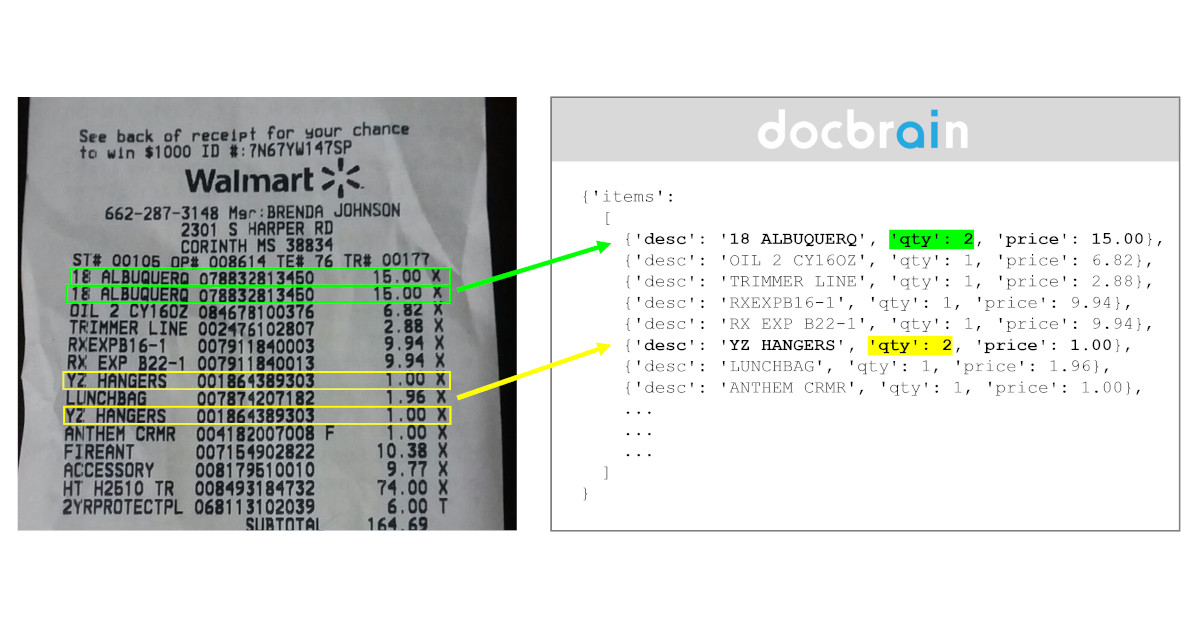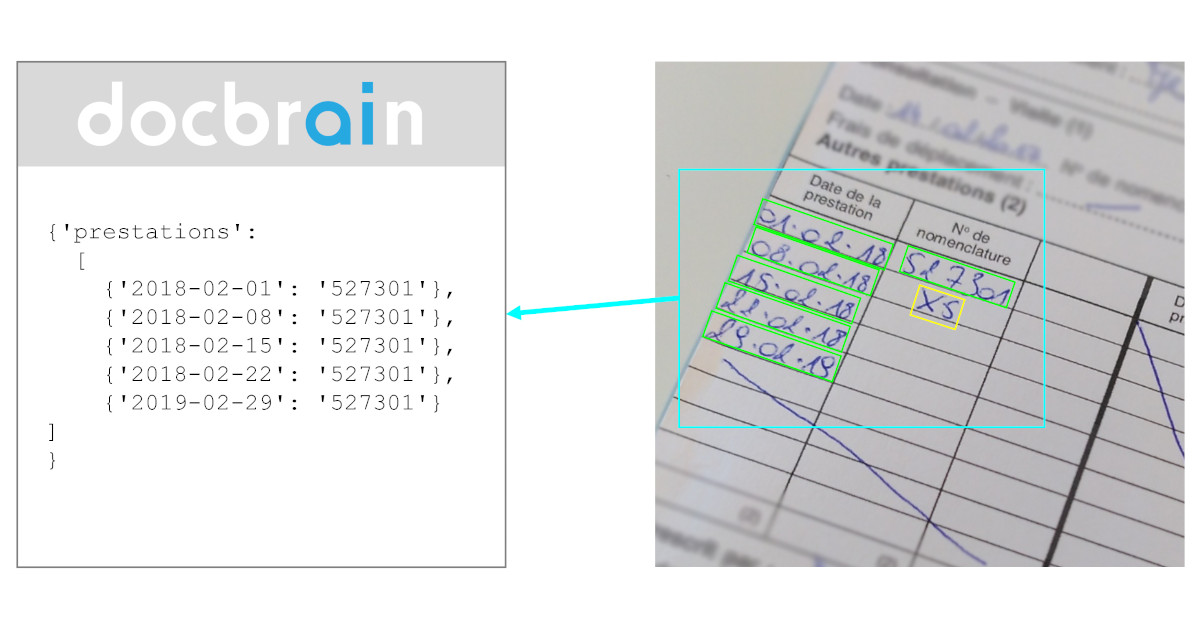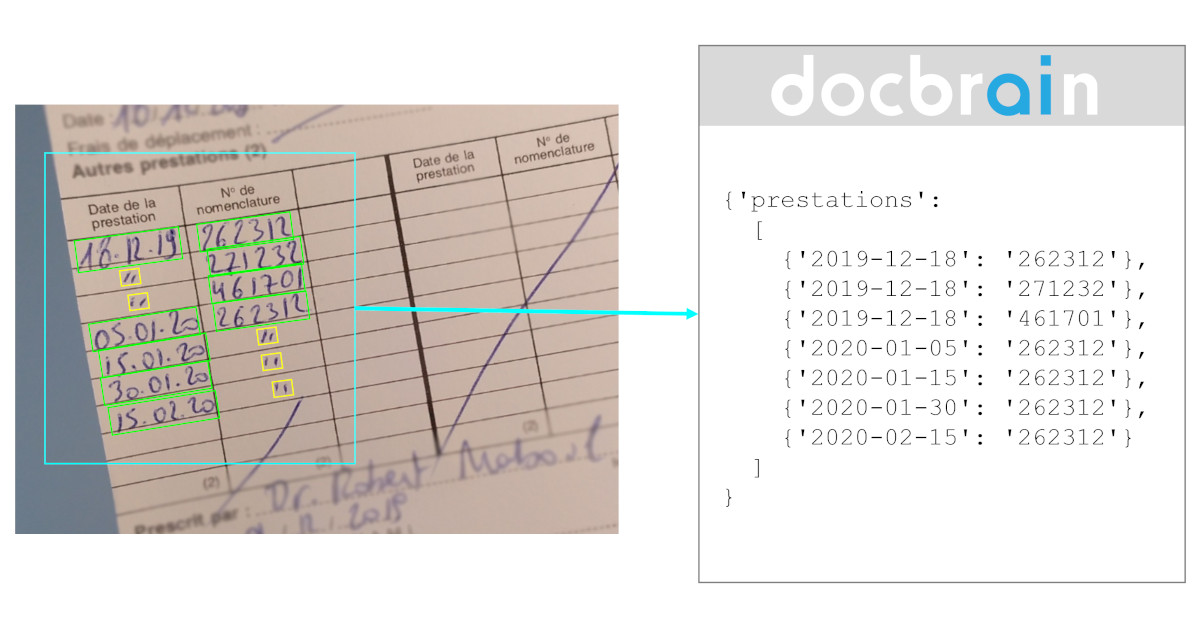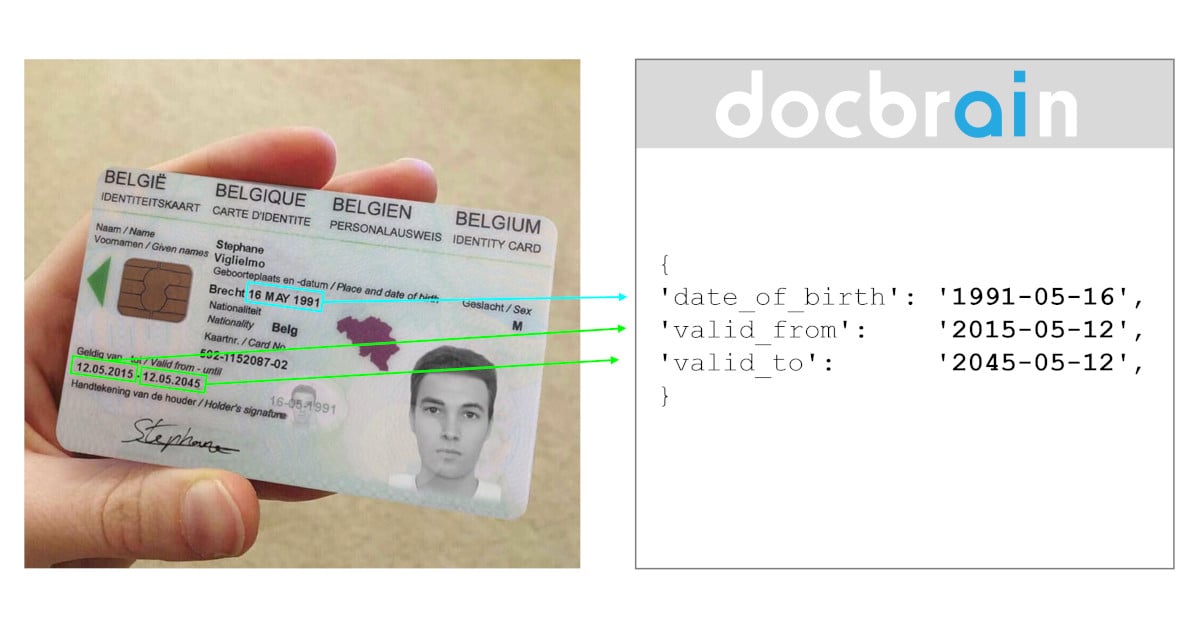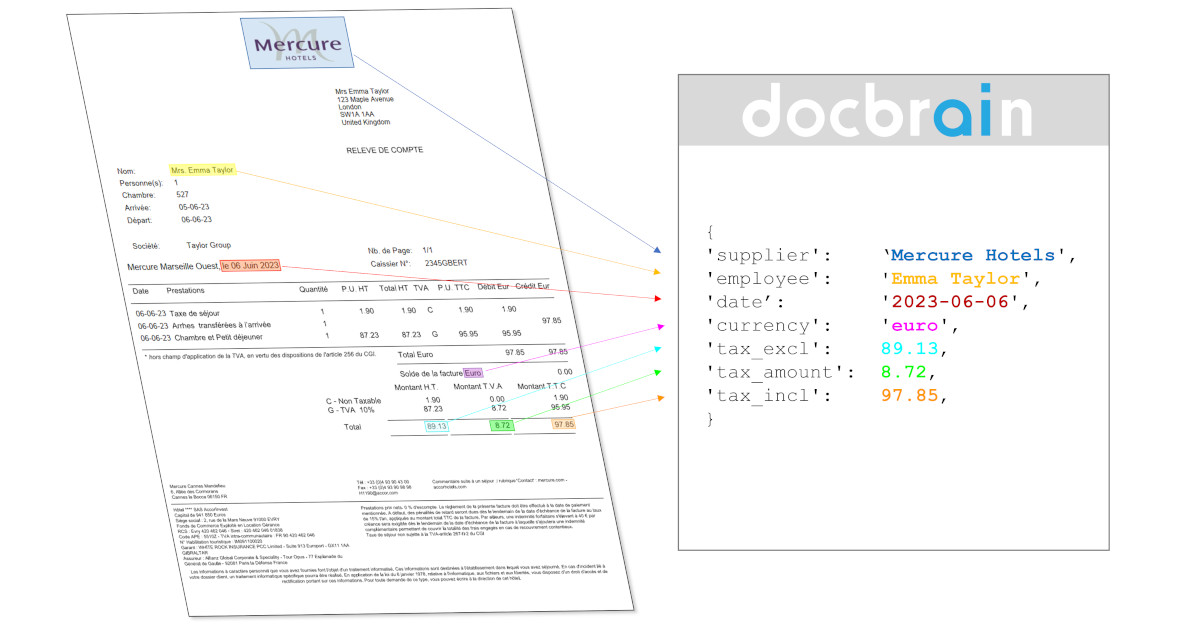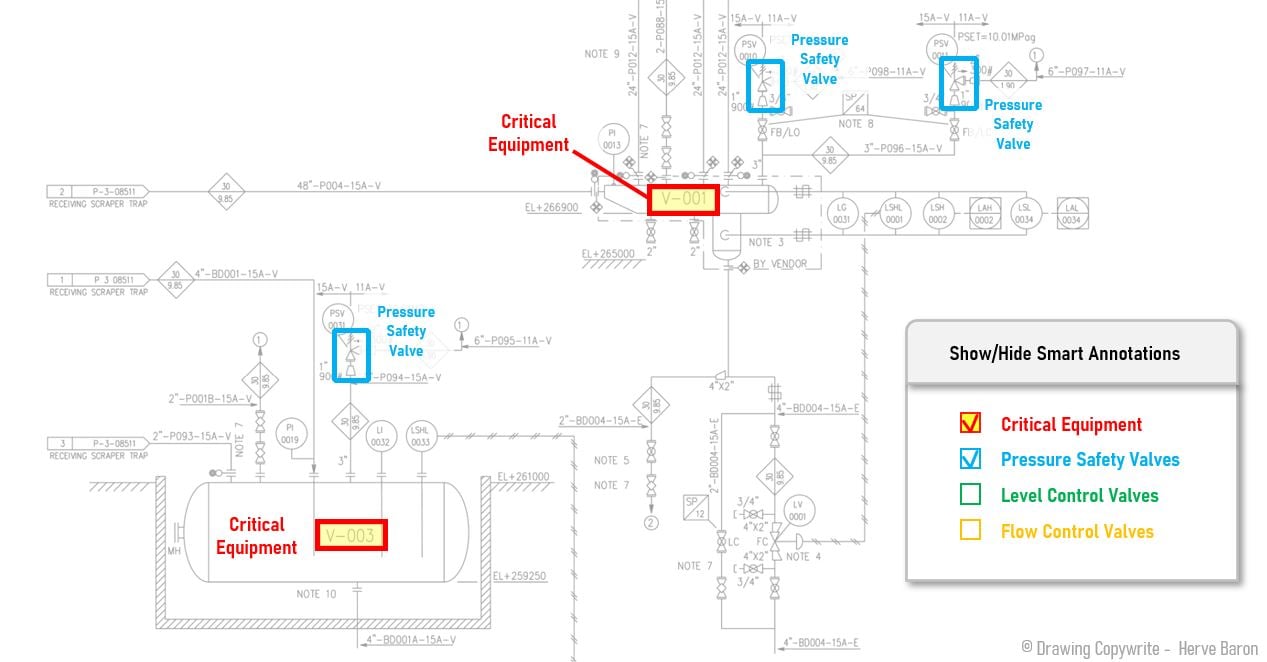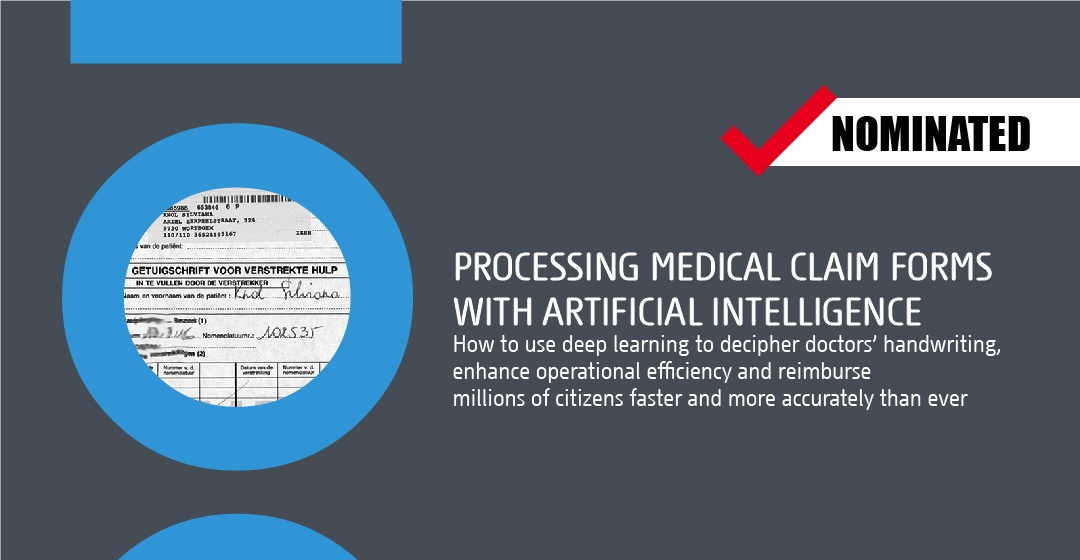This October I attended, on behalf of Moonoia, the AIIM Executive Leadership Council (ECL) in London, and I thought I should share some insights from this meeting. Mostly because I was happy to discover that these findings fully support the mission of our organization: accelerating document process automation through cognitive capture.
The ELC is a think tank for information management, and attendees are usually industry executives from leading solution and services providers. Twice a year, the members get together and discuss the most important trends that are shaping the Information Management sector. John Mancini, AIIM Chief Evangelist, started off the day with a presentation on digital disruption, and what the influence is on the future of Electronic Content Management industry. I have tried to summarize below the topics he covered and the impact of digital disruption on both our business and daily lives.

- Creative destruction is a concept in economics which since the 1950s has become most readily identified with the Austrian-American economist and Harvard professor Joseph Schumpeter. He derived it from the work of Karl Marx and popularized it as a theory of economic innovation and the business cycle. According to Schumpeter, the "gale of creative destruction" describes the "process of industrial mutation that incessantly revolutionizes the economic structure from within, incessantly destroying the old one, incessantly creating a new one”. This means we need to prepare for change, - it´s inevitable.
- Research by Ray Kurzweil into the history of technology shows that technological change is exponential, contrary to the common-sense “intuitive linear” view. We will over the next 10 years see 100 or 500 years of progress (at today´s rate). The impact of this will according to Kurzweil be for Artificial Intelligence: “Within a few decades, machine intelligence will surpass human intelligence, leading to The Singularity — technological change so rapid and profound it represents a rupture in the fabric of human history. The implications include the merger of biological and non-biological intelligence, immortal software-based humans, and ultra-high levels of intelligence that expand outward in the universe at the speed of light.”
- Disruptive innovation refers to an innovation that creates a new market and value network and eventually disrupts an existing market and value network, displacing established market leading firms, products, and alliances. The term was defined and first analyzed by the American scholar Clayton M. Christensen and his collaborators beginning in 1995, and has been called the most influential business idea of the early 21st century. This means that new and improved technologies will create new markets that disrupt the current market. Mobile is one example: mobile is considered the new hardware platform, with 15-25 billion devices expected to be connected by 2020. Another example is offshoring: why outsource to a low-cost region that can produce your products at 1/3 of the cost when a robot with AI can do at 1/9 of the cost?
There is a great rebalancing going on right now, on multiple fronts: from the human mind to artificial neural networks (deep learning), from products to platforms and from core to crowds. All this means that content management is not only going through changes but through disruption:
- customer experience is becoming more important than efficiency; in the (near) future, artificial intelligence-powered bots will ensure a much more reliable customer support than human operators
- content-centric compliance and decision-making are on the rise, and undergoing successful automation
- in the era of global data flows, metadata is becoming critical
I meet a lot of people that underestimate the impact of AI. They don´t think it will impact or disrupt them in their lifetime. I disagree. The Turing test, developed by Alan Turing in 1950, is a test of a machine's ability to exhibit intelligent behavior equivalent to, or indistinguishable from, that of a human. If the evaluator cannot reliably tell the machine from the human, the machine is said to have passed the test. This test was passed in 2014 for the first time, when AI managed to convince the evaluators that he was a boy.
This means you have to start exploring how AI can improve your business. Use it to add value, reduce costs, manage risks, or create a blue ocean market opportunity by disrupting your competition.
Stay tuned for the next AIIM ELC Trendscape Report for more on these topics including blockchain, GDPR (General Data Protection Regulation), Facebook for business and the globalization of data.
To learn more about AI and deep learning solutions for data extraction, document classification and information management, visit us at www.moonoia.com.

